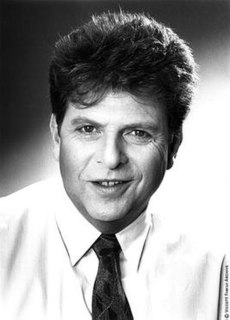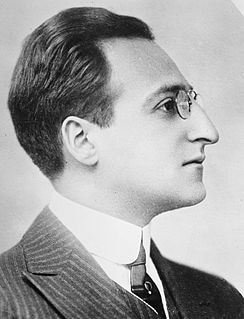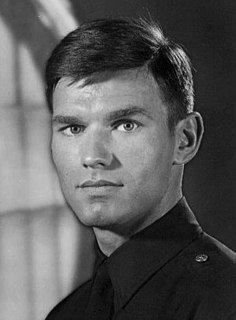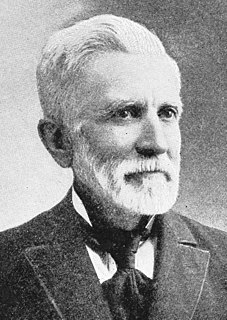A Quote by David Viscott
Each child should try to see in his parents the children they previously were. Each parent should try to see in his child the adult he seems to be becoming.
Related Quotes
A parent who from his own childhood experience is convinced of the value of fairy tales will have no difficulty in answering his child's questions; but an adult who thinks these tales are only a bunch of lies had better not try telling them; he won't be able to related them in a way which would enrich the child's life.
A child is an eager observer and is particularly attracted by the actions of the adults and wants to imitate them. In this regard an adult can have a kind of mission. He can be an inspiration for the child's actions, a kind of open book wherein a child can learn how to direct his own movements. But an adult, if he is to afford proper guidance, must always be calm and act slowly so that the child who is watching him can clearly see his actions in all their particulars.
To each his own. It's one of those things. How you build your family?you have to know what you're capable of handling and how your children will relate to each other. Maybe if you have one child and that child has a lot of needs, you realize you cannot give more attention to another. Sometimes you just know as a parent. We felt we could handle more children, and we have a very happy, very full home.
When a child loses his parent, they are called an orphan. When a spouse loses her or his partner, they are called a widow or widower. When parents lose their child, their isn't a word to describe them. This month recognizes the loss so many parents experience across the United States and around the world. It is also meant to inform and provide resources for parents who have lost children due to miscarriage, ectopic pregnancy, molar pregnancy, stillbirths, birth defects, SIDS, and other causes.



































